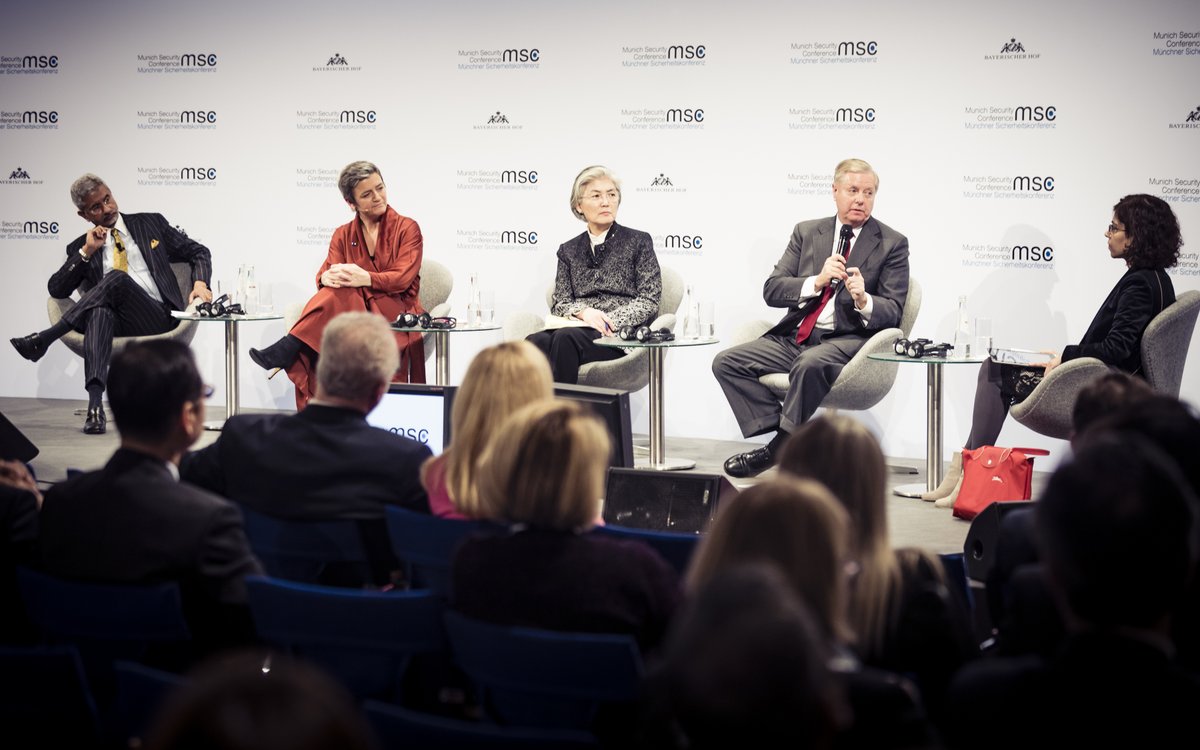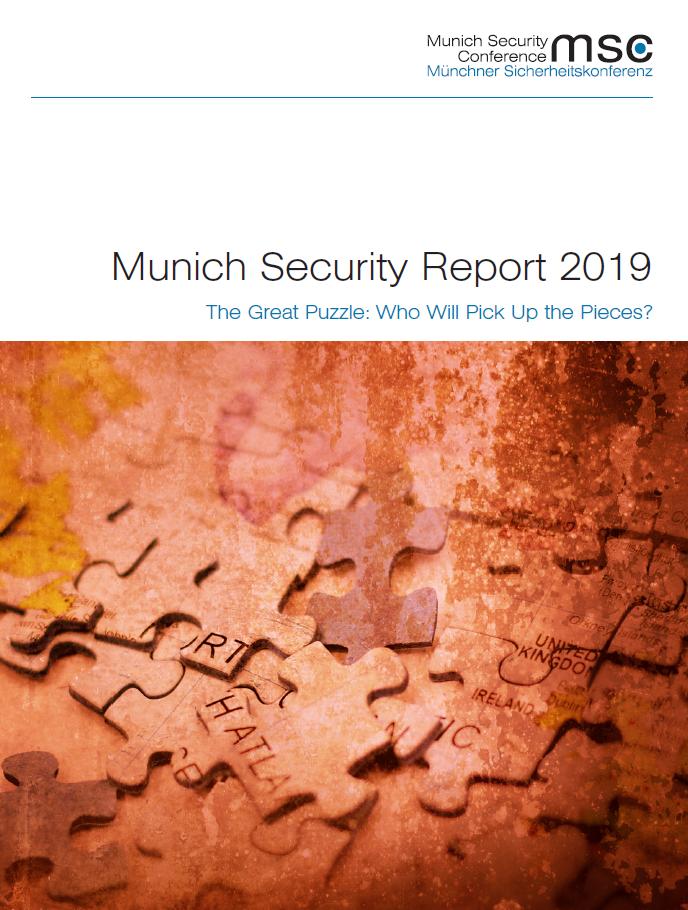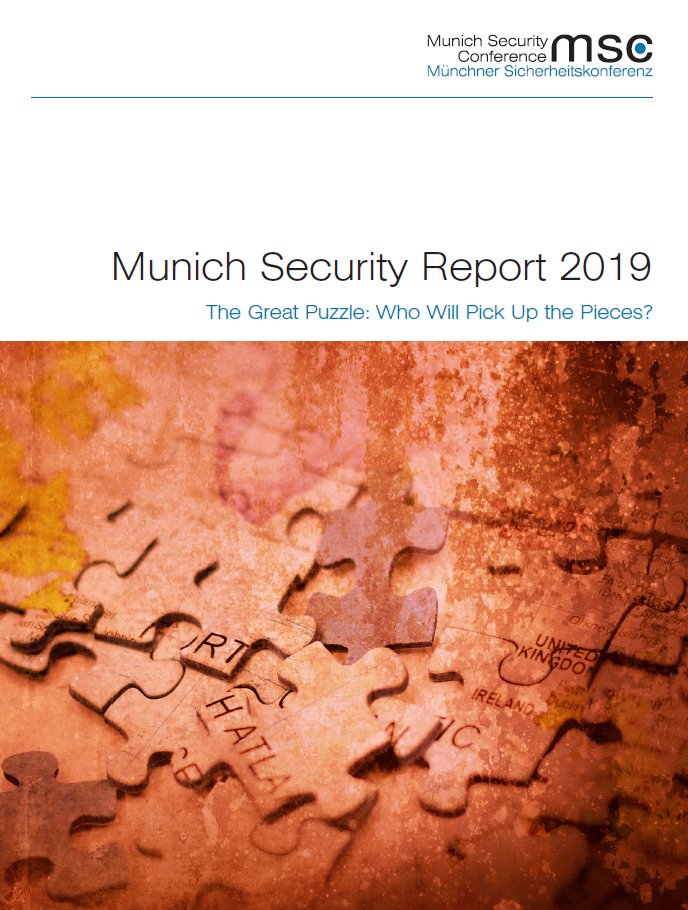
Director of Research & Policy, @MunSecConf; Professor of International Security @Hertie_Security @thehertieschool; Member, Executive Board, MSC Foundation
How to get URL link on X (Twitter) App


 Perhaps unsurprisingly, #Russia is now the top risk in all G7 countries, apart from Italy, while #Ukraine is seen much more positively than in November. Absolute majorities in all G7 countries believe that “we are entering a new Cold War with Russia.” 2/8
Perhaps unsurprisingly, #Russia is now the top risk in all G7 countries, apart from Italy, while #Ukraine is seen much more positively than in November. Absolute majorities in all G7 countries believe that “we are entering a new Cold War with Russia.” 2/8 


 #Zeitenwende is not just a German phenomenon. Except for Canada, people in all G7 countries agree that the invasion of #Ukraine is a turning point for their country's foreign and security policy.
#Zeitenwende is not just a German phenomenon. Except for Canada, people in all G7 countries agree that the invasion of #Ukraine is a turning point for their country's foreign and security policy. 


https://twitter.com/ischinger/status/1229057819120427009?s=20#MSC2020 I’m glad that the title of our #MSCreport – #Westlessness – triggered some of them. We think of the MSR as a conversation starter for the conference, and it worked well this year – in particular because some thought it accurately described the zeitgeist, and others disagreed.

https://twitter.com/tobiasbunde/status/965320827112738816?lang=de1/ So let me start with a bit of good news. In our #MSCreport, we asked who would pick up the pieces of a disintegrating global order. At least rhetorically, the Europeans and representatives of other like-minded liberal democracies have underlined their willingness to step up. 2/


 "The crisis consists," Gramsci wrote, "precisely in the fact that the old is dying and the new cannot be born; in this #interregnum a great variety of morbid symptons appear." Well, that seems like an apt description of today's world. 2/n
"The crisis consists," Gramsci wrote, "precisely in the fact that the old is dying and the new cannot be born; in this #interregnum a great variety of morbid symptons appear." Well, that seems like an apt description of today's world. 2/n